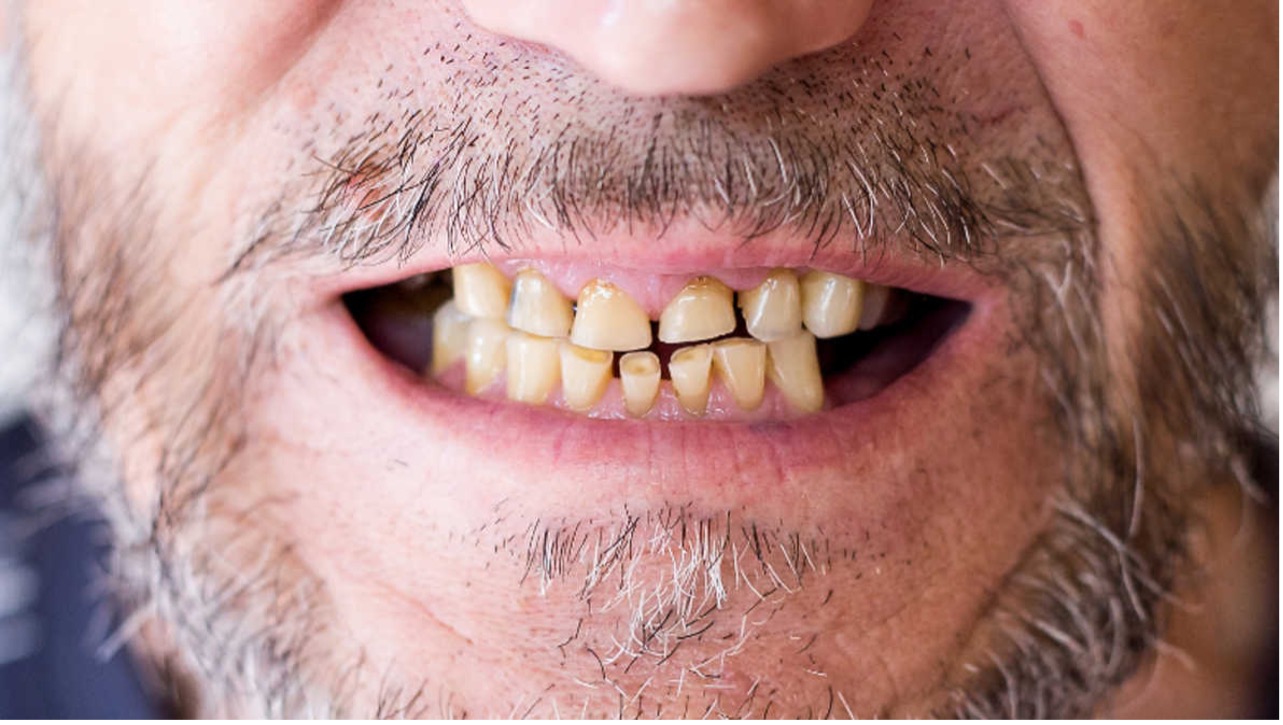Social habits and lifestyle choices can directly damage your teeth and oral health.
In this column, we will discuss how alcohol consumption, smoking, unhealthy diets and stress levels affect your oral health.
Alcohol consumption- According to the Center for Disease Control, moderate alcohol consumption is considered one drink per day for women and no more than two drinks a day for men.
Alcohol dehydrates the body by inhibiting the production of a chemical, Antidiuretic hormone which regulates the amount of urine you release. Drinking alcohol actually cause your kidneys to get rid of more water than it would normally, causing dehydration throughout your body. Also, it affects the salivary glands, thus decreasing the flow of saliva causing dry mouth.
Dry mouth creates an environment for gum disease. Gum disease has also been linked to higher incidences of cancer, diabetes, stroke and heart disease. Alcohol drinkers suffers from more bleeding than non-drinkers, more plaque build-up and deeper pockets. Dehydration decreases the saliva flow in your mouth, therefore keeping the bacteria attached to the teeth.
If you’d like to enjoy an alcoholic drink, we recommend minimizing the dehydration effect by sipping water in between to replenish the saliva in your mouth.
The other reason why alcohol so often leads to decay, is that alcohol breaks down into sugar which attracts bacteria. One way to counteract this process is to floss, brush and use mouthwash after you drink alcohol or any sugary beverage.
Role of Smoking- Tooth discoloration is just one of several problems associated with smoking. Smokers are three to six times more likely to develop gum disease than nonsmokers. The most common oral problems affecting people who smoke are gum disease, mouth cancer, tooth decay, tooth loss, poor healing and bad breath. In periodontal disease, the tell-tale sign is bleeding upon probing. Smokers, do not usually bleed when probed because smoking dampen the natural immune response. This lack of bleeding gives a false sense of security. If you examine a little closer, the pockets depths or bone loss is usually far worse because of smoking.
Role of Stress- Stress is a common cause of health problems and your oral health is no exception. Stress may contribute to teeth grinding, gum disease, canker sores and dry mouth. Also, it impacts your oral health routine and diet, thus increasing your risk of tooth decay.
Teeth Grinding (Bruxism) is associated with excess stress. This can cause irreversible damage to your teeth and enamel as well as headaches and soreness in the jaw. As grinding often occurs during the night you may not be aware you are doing it. Your dentist may recommend a night guard to protect your teeth from damage. Stress can also lower your immune system and increase your risk for infections in the mouth.
Dry Mouth is both a side effect of stress as well as the medicines used to treat stress and depression. The mouth’s first line of defense against bacteria is saliva, and without it there is an increased risk of tooth decay and gum disease.
Canker sores (white spots found on the soft tissue of the mouth) are increased during stressful periods. They are harmless but can be painful. They will usually go away on their own within 1-2 weeks or your dentist may prescribe a topical treatment or rinse.
Role of Foods- Our diet plays a significant role in the development of dental cavities and enamel erosion. Dental erosion is often caused by dietary acids, which is in major supply in soft drinks. Tooth decay and obesity are usually seen together because of the common dietary risk factors. Dental diseases and tooth loss have a significant impact on self-esteem, ability to
eat, nutrition and health both in childhood and in old age.
Fiber-rich fruits and vegetables protect against cavities. Also, drinking lots of liquids is good for your teeth. It prevents issues like bad breath, gum problems and cavities; as it dilutes the bacteria staying in our mouth after eating and drinking.
Our eating habits and emotional state are important factors in living a wholesome life.
Thus, alcohol consumption, smoking, excessive eating, unhealthy diets and high stress levels should be managed. If assistance is needed seek professional help. Managing these damaging habits will go a long way in fostering a life of purpose and wellness.

Smoking teeth damage is long lasting.

Stress related wear on teeth creating sensitivity and severe damage
Dr. Kendal V. O. Major is Founder and CEO of Center for Specialized Dentistry which is a comprehensive family dental practice operating in Nassau and Freeport. He is the first Bahamian Specialist in gum diseases and dental implants since 1989. He also is a certified Fastbraces provider. His practice is located at 89 Collins Avenue, Nassau at (242)325-5165 or [email protected].





